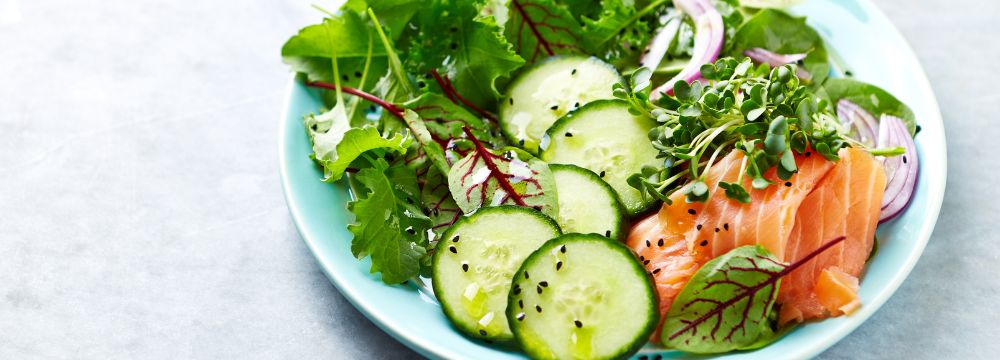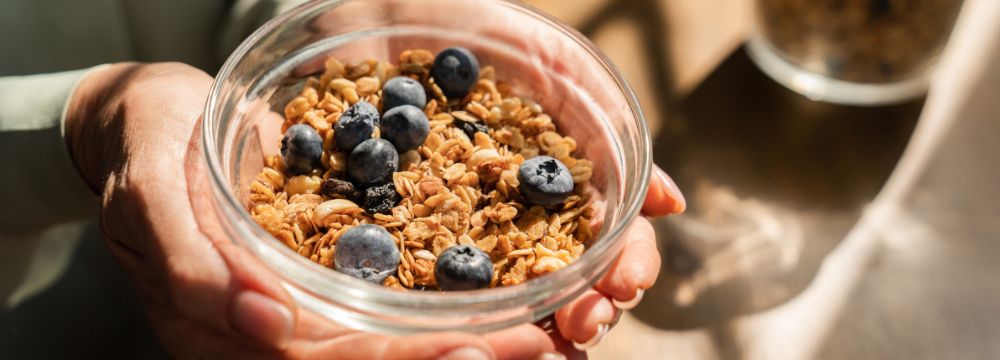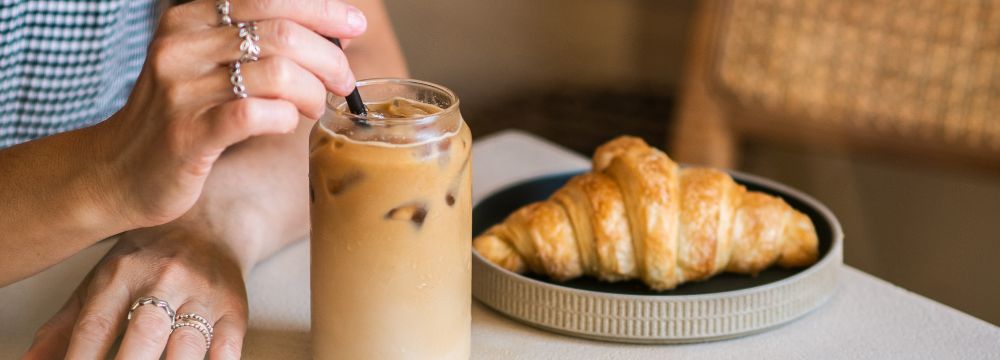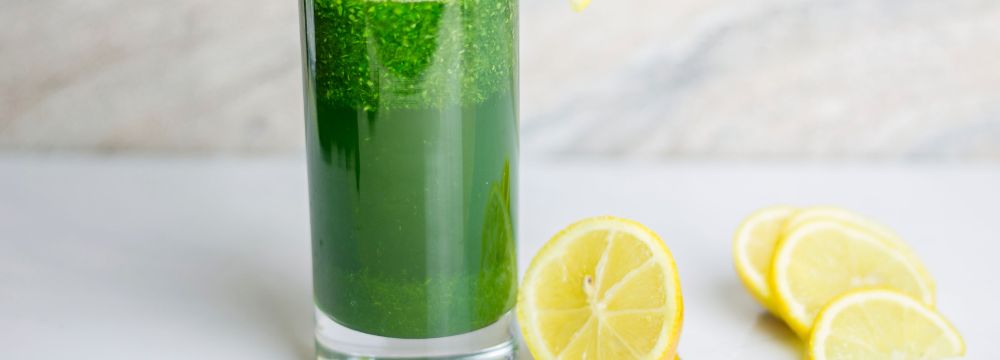
As you have undoubtedly seen over the years of dieting and weight loss efforts, there is a tremendous amount of conflicting information on the Internet and elsewhere discussing how best to lose weight. We have hundreds of diets, many using gimmicks to sell a “new” narrative. However, some make more sense than others and have withstood the test of time. One classification of diets that remains popular with questionable results is the low carbohydrate kind. Low-carb has spawned hundreds of diets, some of which virtually eliminate carbs.
Let’s dive into carbohydrates and understand why the low-carb diet has been so popular.
Carbohydrates are essential to give our bodies energy. However, most of us do not eat carbohydrates properly, and we consume empty carbs, like processed white grains and added sugars. These empty carbs are typically found in the “white” version of carb-rich products like white bread, white rice, and refined white sugar. While carbs do give us energy, they can also be somewhat addictive, and that’s why you may find yourself eating carbs all day long. That typically doesn’t happen with denser protein-based foods or complex cards (generally the whole wheat version).
Low Carb Feels Good
If you, a family member, or a friend have started a low-carb diet, you have likely experienced some benefit in the form of greater energy levels and less lethargy, especially after a large meal. Proteins help keep you full and minimize the blood sugar spikes and troughs that can cause a host of physical and psychological ailments. Eliminating the carbs can mitigate these issues.
However, you may also find that when you eliminate carbs, you likely lose some strength and endurance when working out or performing other activities. This is why you often see people looking tired and ragged after months of keto, no matter how much weight they have lost.
What Kind of Weight Are You Losing?
Without carbs, your body must burn something to get energy. We hope that the body pulls this energy from fat reserves as you lose weight, and it may, but often, the muscles suffer too. This can cause a phenomenon where the person is relatively skinnier, but their body composition is far from ideal, sometimes worsening. This is problematic because muscle is one of the most critical components of a healthy body, not only in losing weight but also in maintaining proper skeletal function, and is vital to virtually every bodily function.
Doesn’t Low Carb Burn Fat?
The concept of a low-carb diet, burning fat, is rooted in some misunderstanding. Yes, absolutely; a low-carb diet combined with proper exercise will shrink the adipose cells in your body and help you lose fat, as most of us think of it. However, a low-carb diet, on its own, means that you’re burning more dietary fat, not necessarily the visceral or white fat around your abdomen and organs. Once again, making this distinction is essential because we are ultimately looking to burn the visceral fat (adipose) tissue for maximum health.
So Does a Low-Carb Diet Make Sense?
Following a lower-carb diet is a good idea for most of us who indulge in excess carbohydrate consumption, which in turn causes lifestyle problems. However, as with anything, carbohydrates should be moderated, and the composition of carbs should be our primary concern. Whole grains should replace processed white grains. Added sugar should be minimized. In other words, get your carbs in the right places, and you’ll be fine. Avoid carbs entirely; you may rebound and gain weight once the diet becomes unsustainable. The American Heart Association recently released a statement on the best diets for heart health, largely congruent with our thoughts. The hypertension reduction diet came first, with the Mediterranean diet not far behind (by the way, most low-carb diets were relegated to the bottom of the list). In both cases, various foods can be consumed, but once again, it’s all about moderation and the composition of these foods.
Of course, your success is also ours, and we want to be there for you if you have any questions about your diet or nutrition, please give us a call, speak to your support group, or visit us for a consultation in the near future to get more information and guidance.









